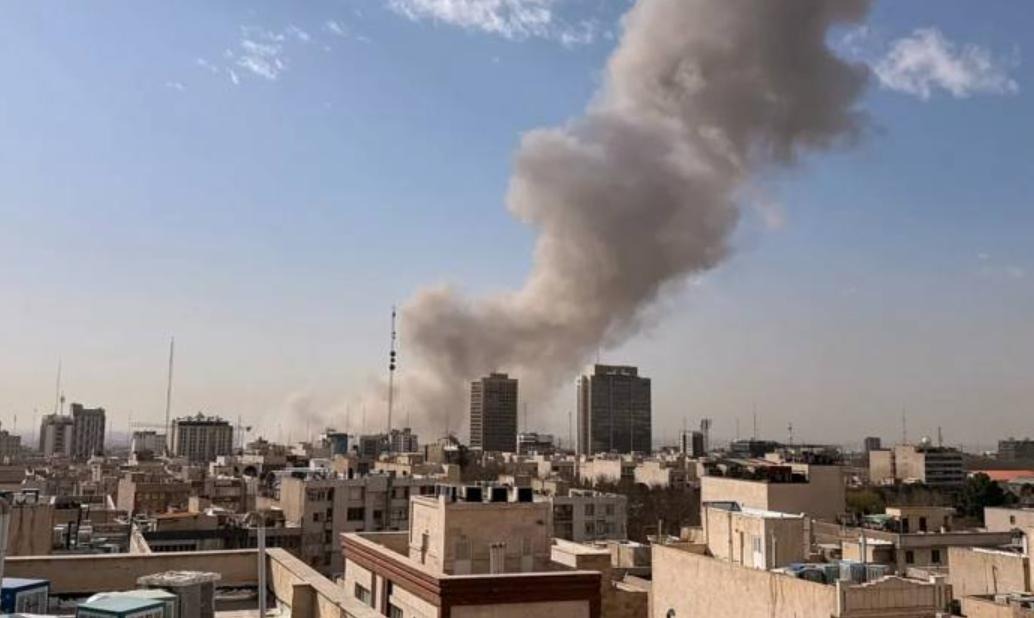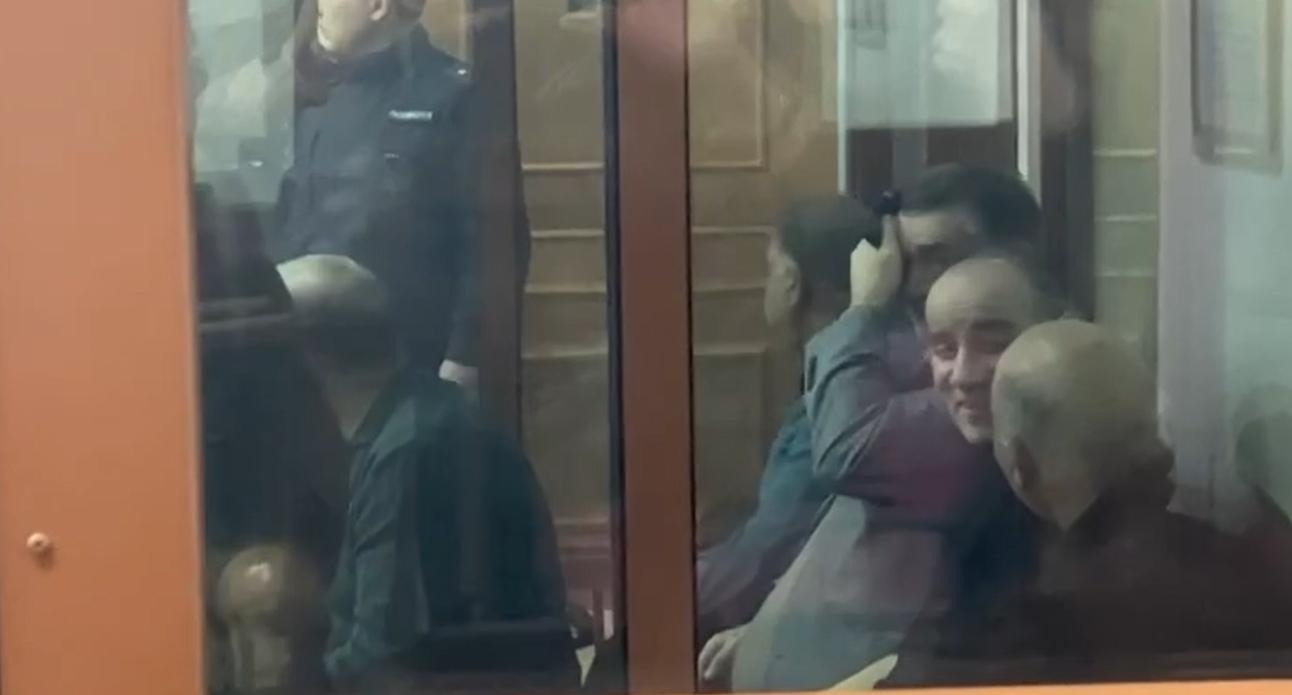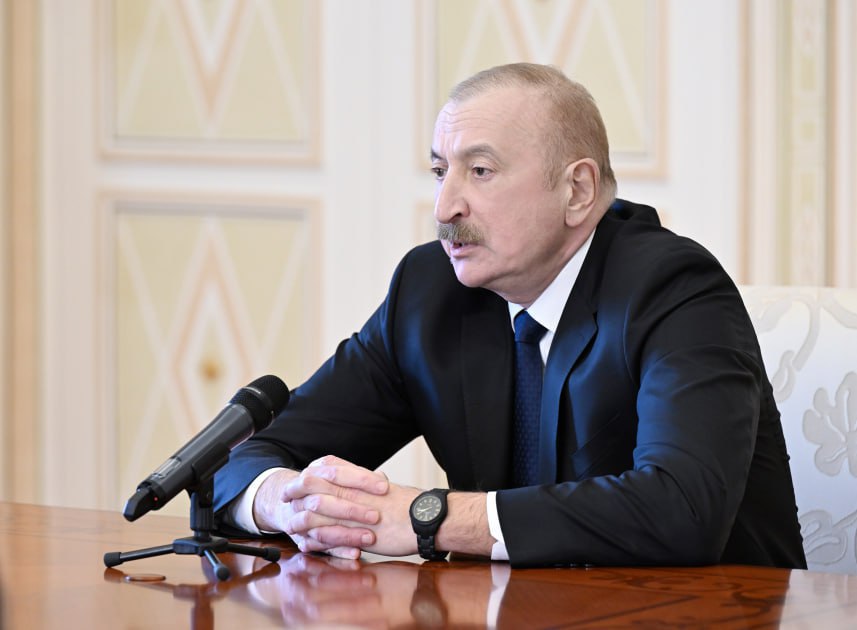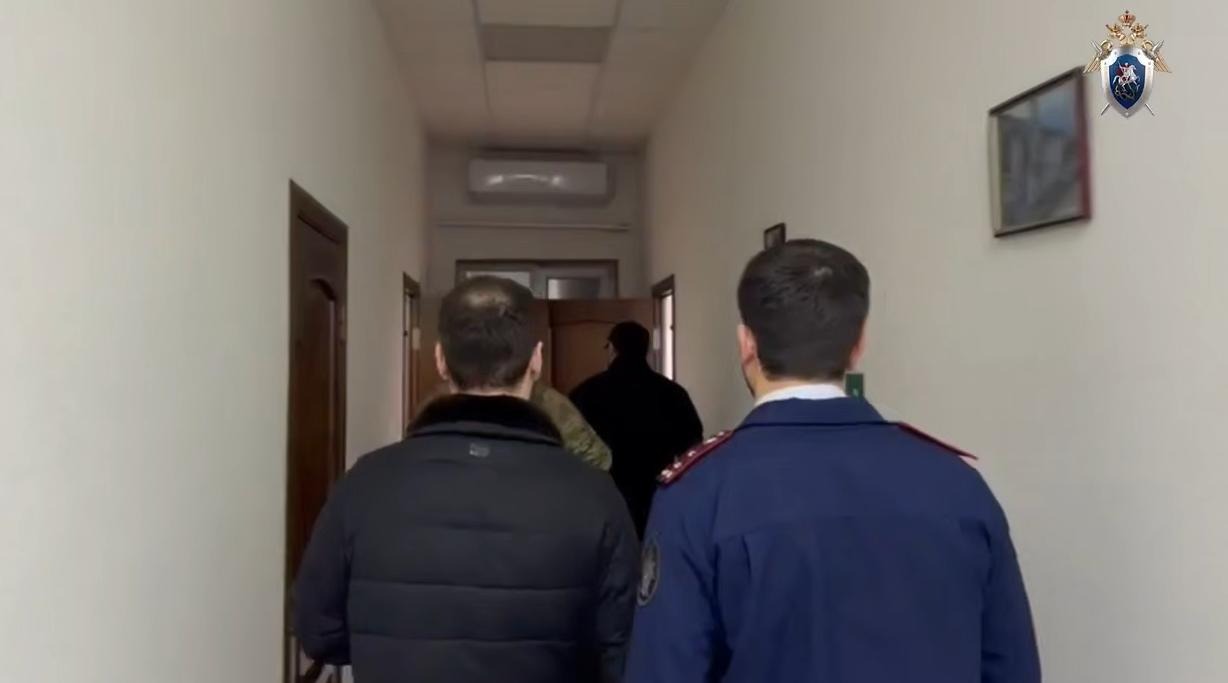On March 5, Azerbaijani President Ilham Aliyev received calls from leaders of various countries expressing solidarity with Baku in connection with the recent events. In particular, the drone attack on the Nakhchivan Autonomous Republic, carried out by Iran using unmanned aerial vehicles, was strongly condemned by Georgian Prime Minister Irakli Kobakhidze, Uzbek President Shavkat Mirziyoyev, UAE President Mohammed bin Zayed Al Nahyan, Turkish President Recep Tayyip Erdogan, and Latvian President Edgars Rinkēvičs. During the phone call, the politicians expressed support for the Azerbaijani people and wished a speedy recovery to those injured in the incident.

On September 19, the Federal Financial Monitoring Service of Russia removed former political prisoner, native of Chechnya Zara Murtazalieva, from its List of Terrorists and Extremists. In 2005, she was found guilty of preparing a terrorist attack in Moscow.
She did not receive official notification of her removal from the register; one of her Facebook subscribers informed her about it. "I found out completely by accident. A subscriber wrote to me and asked if I knew that I had been removed from this list. I don't know what it is connected with or how it works. I did not take any action for this. Almost 20 years have passed since my arrest: perhaps the statute of limitations has expired," Murtazalieva said.
The list of terrorists and extremists was published by Rosfinmonitoring in 2011, and Zara Murtazalieva was one of the first to appear on it. A year later, she was released and has lived in France ever since. Being on the list made any financial transactions in the Russian banking system impossible for her.
Murtazalieva's case clearly illustrates what the fight against terrorism in Russia is like. Zara was born in 1983 in the village of Naurskaya in the Chechen Republic. After school, she entered the correspondence department of the Linguistic University in Pyatigorsk and got a job at a Moscow insurance company.
In Moscow, the girl was developed by FSB officers who wanted to mold her into a suicide bomber. Through the provocateur-operative Said Akhmayev, she was offered a free apartment in which hidden video cameras were installed. There were no facts confirming suspicions of terrorism, however, in March 2004, Zara was detained, taken to the police station, and explosives were planted in her bag. Murtazalieva was accused of preparing an explosion on the escalator in the Okhotny Ryad shopping center on Manezhnaya Square and of involving two Russian Muslim girls in terrorist activities. Zara was beaten, trying to force her to incriminate herself, but she did not break even under physical violence. And other girls, her neighbors in the apartment, were forced to incriminate Murtazalieva, which one of them later told human rights activists about.
On January 17, 2005, the Moscow City Court sentenced Murtazalieva to 9 years in prison, after an appeal the term was reduced to 8.5 years. She served the full term - she was not released on parole, since she did not admit her guilt. In 2014, her memoirs about the Mordovian IK-13, “Eight and a Half Years. A Woman in Putin’s Camps,” were published in Paris.
According to Zara Murtazalieva, the scheme by which cases against “terrorists” and “extremists” are fabricated has not changed for decades. Thus, she found many parallels between her 2004 case and the 2017 “New Greatness” case. “In both cases, there were employees who provided housing… provoked conversations. In my case, there was also an employee who brought books, asked to read and express his opinion, thereby provoking us to some kind of conversations,” Zara Murtazalieva told the publication “Kavkaz.Realii.” “In principle, this scheme has been used to imprison people since the 90s, that is, it is a very popular trap designed for representatives of the North Caucasus. People would appear in the mosque... gain their trust, infiltrate, provoke, record, listen, write reports. Then they would suggest doing something, provide all sorts of conditions for this, and even help to buy equipment, film, and so on. In fact, the secret services simply changed their methods. Terrorist cases were very popular then, now the fashion, so to speak, is for extremists." Zara Murtazalieva was one of the first female political prisoners from the Caucasus. Today, the most famous of them are Zarema Musayeva, the mother of Chechen opposition bloggers, and Zarifa Sautieva, a participant in the Ingush protests against the border agreement with Chechnya. But, according to Murtazalieva, there are many more female political prisoners in the Caucasus than the general public knows.



